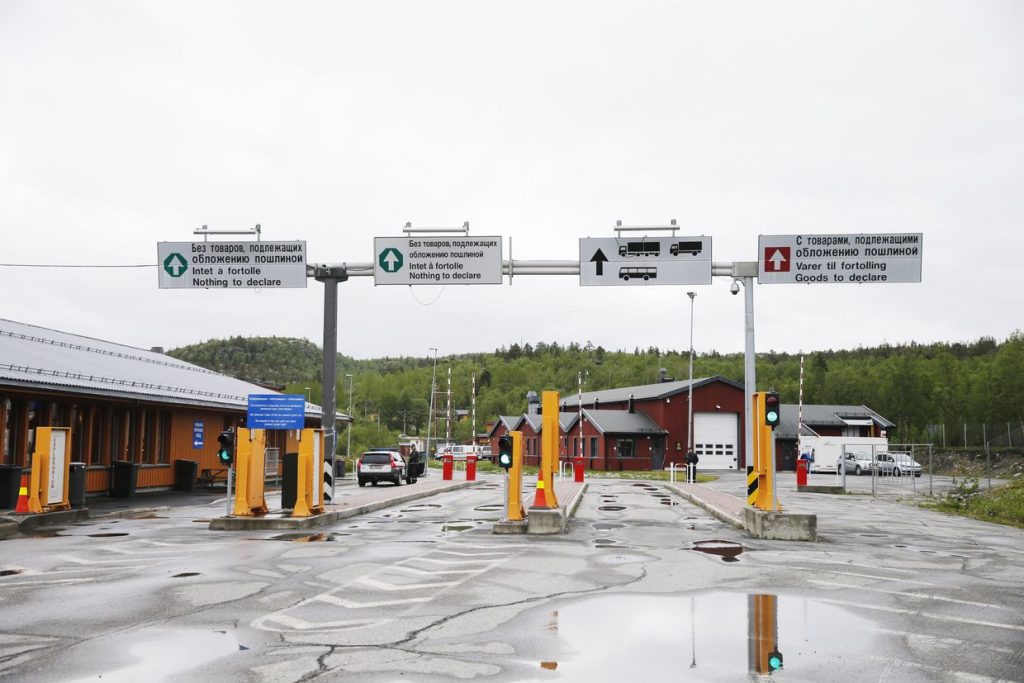The Norwegian government has announced further restrictions on the entry of Russian citizens into the country, effective May 29, in response to Russia’s aggression against Ukraine. Tourist visas for Russians have been largely not issued since the spring of 2022, and entry to Russian cars was restricted in September 2023. The new ban will apply to Russians arriving for tourism and other non-essential travel, including those who have obtained Norwegian tourist visas or visas from other Schengen countries. Exceptions will be made for Russians visiting family members in Norway, as well as those who are working or studying in Norway or other Schengen countries. This decision aligns with Norway’s commitment to supporting allies and partners in reacting to Russia’s illegal war of aggression against Ukraine.
In addition to Norway, several European countries, such as Poland and the Baltic States, have imposed visa restrictions for Russian citizens since 2022. Although Norway is not a member of the EU, it is a NATO member and has supported many of the sanctions imposed by European countries against Russia. The close to 200-kilometer-long border between Norway and Russia in the Arctic region adds a strategic dimension to their relationship. It is part of Norway’s broader approach to aligning with its international partners in response to Russia’s actions, further isolating Moscow diplomatically.
Prime Minister Denys Shmyhal of Ukraine proposed banning air transit to Russia and Belarus as part of the country’s sanctions policy during his visit to Lithuania in April. This move reflects Ukraine’s efforts to increase pressure on Russia and its ally Belarus following the ongoing conflict in Ukraine. The proposal aims to further limit Moscow’s ability to conduct business and travel internationally, potentially disrupting their diplomatic relations and economic activities. By seeking support from its allies to implement such measures, Ukraine is leveraging international cooperation to address the security challenges posed by Russia and Belarus.
The decision by the Norwegian government to tighten entry rules for Russian citizens adds to the growing list of countries implementing restrictions in response to Russia’s actions in Ukraine. The coordinated approach by European countries, NATO members, and other allies highlights the collective effort to condemn and counter Russia’s aggression. By imposing strict measures on Russian nationals, countries like Norway are signaling their solidarity with Ukraine and their commitment to upholding international norms and values. The ban on Russian tourists and non-essential travelers is a targeted response to limit Russia’s influence and connectivity in Europe.
The restrictions on Russian citizens’ entry into Norway come at a time when tensions between Russia and Western countries are at a peak, with ongoing conflicts in Ukraine and other areas. By taking a firm stance on restricting Russian access, the Norwegian government is sending a clear message that it will not tolerate aggression and interference in the region. This aligns with Norway’s broader foreign policy objectives of promoting stability, security, and cooperation in the Arctic and beyond. The ban on Russian tourists and travelers reflects a calculated approach to safeguarding Norwegian interests and aligning with its international partners in responding to shared security challenges.
Overall, the recent decision by Norway to tighten entry rules for Russian citizens is part of a broader trend among European countries and allies to impose restrictions in response to Russia’s actions in Ukraine. By implementing targeted measures and aligning with other nations, Norway is contributing to the collective effort to condemn Russia’s aggression and uphold international norms. This coordinated approach underscores the importance of solidarity and collaboration among like-minded countries in addressing security challenges and defending shared values. The ban on Russian tourists and non-essential travelers is a strategic move aimed at limiting Russia’s influence and connectivity in Europe, while demonstrating Norway’s commitment to standing by allies and partners in times of crisis.


